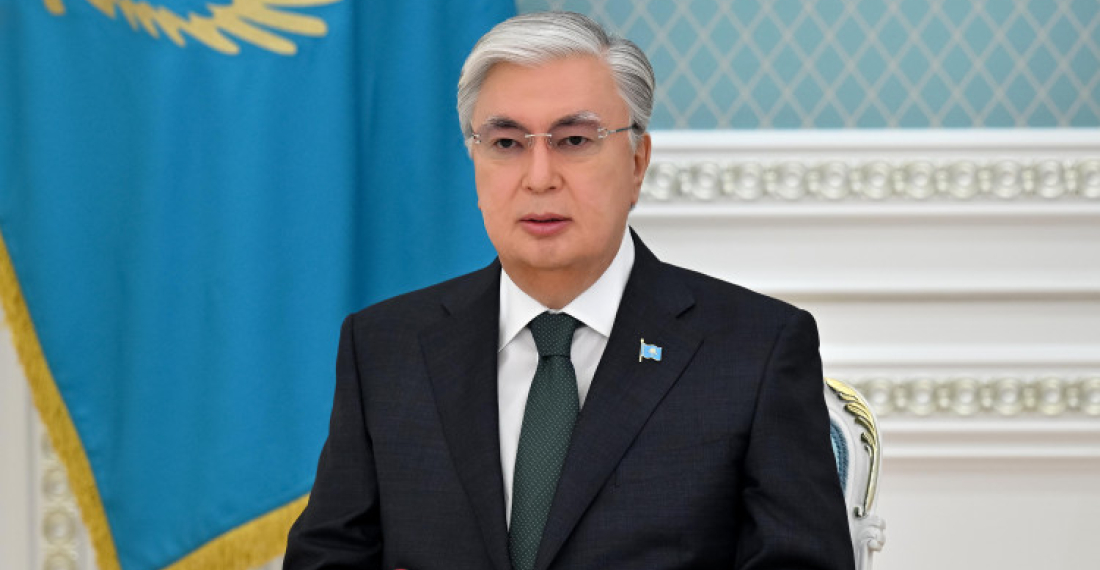Kazakhstan's President, Kassym-Jomart Tokayev, officially ratified on Monday (20 May) a significant treaty on allied relations with Uzbekistan, to elevate the bilateral relationship to a new strategic level. This pivotal agreement, initially signed in Tashkent on 22 December 2022, underscores a commitment to mutual independence, sovereignty, and territorial integrity, along with fostering sustainable economic growth between the two nations.
The Treaty on Allied Relations provides a framework for both countries to avoid joining any military blocs or alliances that could act against each other. This agreement not only strengthens political ties but also lays the foundation for enhanced economic collaboration. It promises to boost trade volumes, investment, and entrepreneurship, and to develop an integrated transport system, which will facilitate deeper economic integration.
Furthermore, the agreement extends into various sectors, including science, education, medicine, sports, culture, and tourism. It emphasises the spiritual and cultural bonds between the Kazakh and Uzbek peoples. It also addresses environmental concerns, with provisions aimed at the sustainable management of transboundary water resources and the promotion of water-saving technologies. This alliance is a comprehensive one, with a focus on the long-term sustainability of our shared environment.







